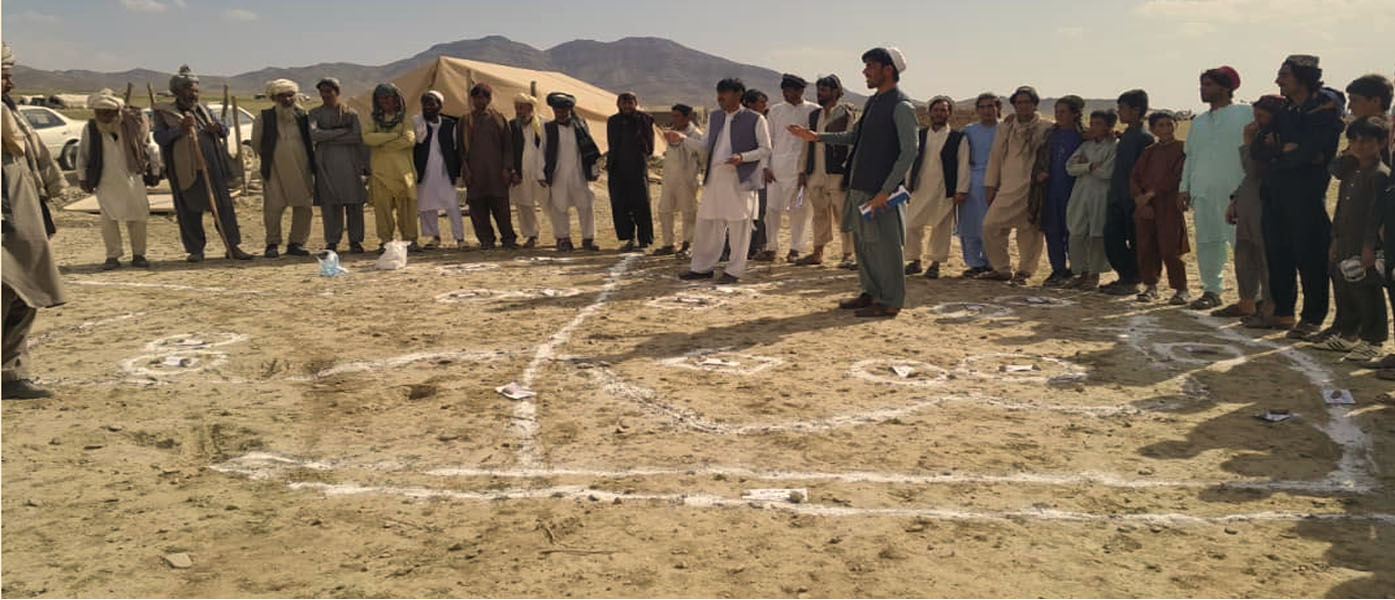
KCDCs: The official address for Kuchie Population in the country
The Kuchies Development Program is a sub-program of Citizen Charter National Priority Program (CCNPP). This program aims to organize Kuchi communities by establishing Kuchies Community Development Councils (KCDCs) to ensure the delivery of minimum standard services for Nomad and Semi-Nomad population across the country.
H.E President Ashraf Ghani speaking in an opening ceremony of the program at the presidential palace said that the development councils established under CCNPP should be used as the official address of the Kuchi population with all the concerned government bodies.
The social mobilization under this program is going on across 32 provinces of Afghanistan. So far, 40 KCDCs have been established, 36 KCDP (Kuchi Community Development Plan) have been developed while the proposals are to be developed to implement proposed development projects for Kuchi Communities.
The Kuchies development program under CCNPP at MRRD is designed to establish 902 Community Development Councils, (Elbands) across Afghanistan for Kochies through transparent and democratic elections to facilitate and lead services’ delivery process and make sure that all categories of Kochi communities are included and benefited by the Citizens’ Charter over the next four years (2018-2022). Any Kochi CDC (Eland) must conduct elections to select men and women (where feasible) as representatives that is a pre-requisite to obtain Citizens’ Charter support and funding.
The nomadic (Kuchies) population has been one of the marginalized and vulnerable groups in the country with the highest rate of poverty, and little attention has been paid to their development. Lack of attention to their development priorities, has created barriers to their access to quality services and their participation in development programs.
The Citizens Charter National Priority Program (CCNPP) promotes inclusive development and accountability at all levels. It gives a voice to all vulnerable groups including the women, youth, returnees, displaced populations, people with disabilities, the poor and other marginalized groups. Its aim is to end fragmentation, enhance social capital, unity and reduce poverty by providing basic services for the citizens based on their own priorities.
×
![]()